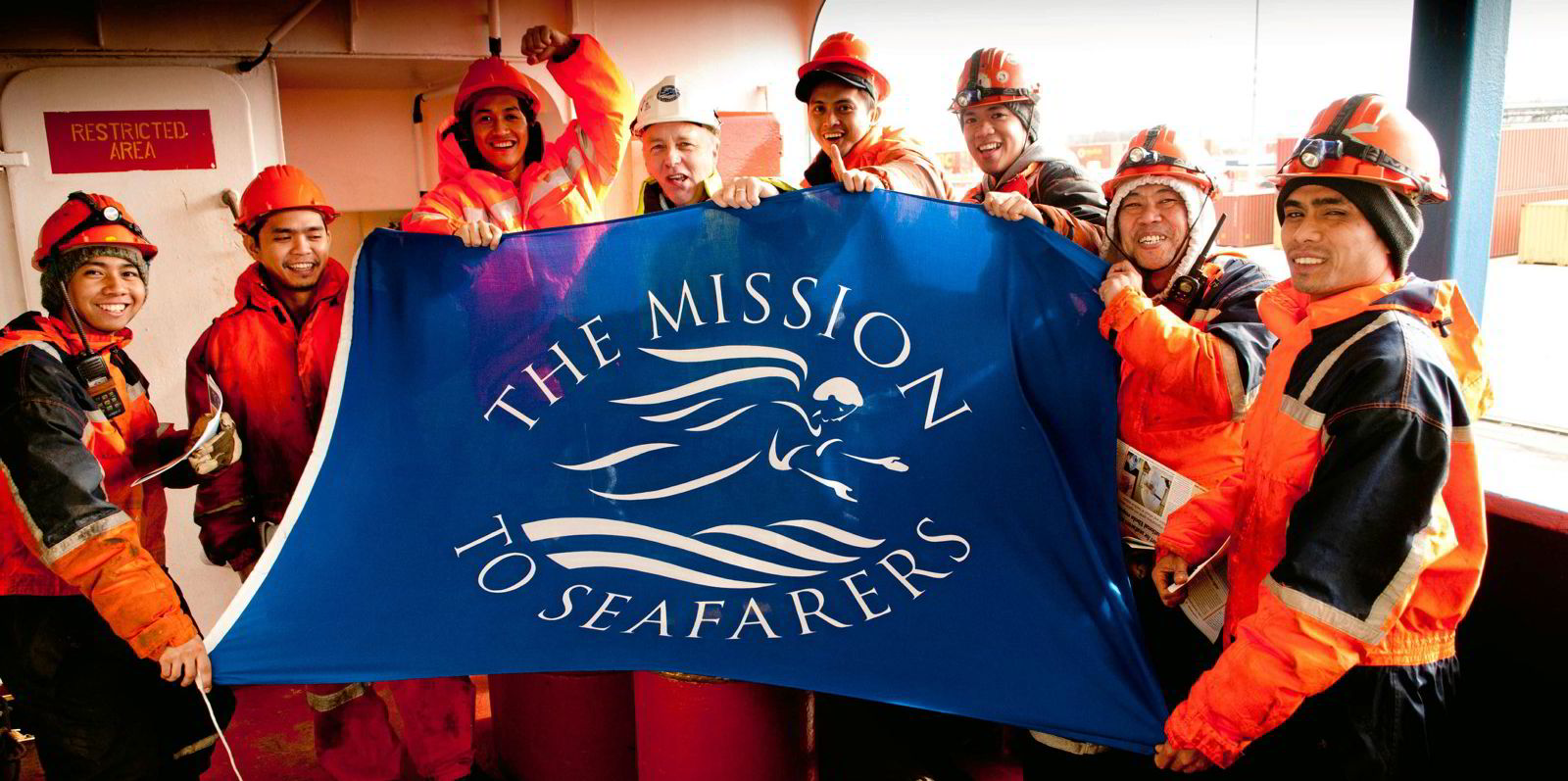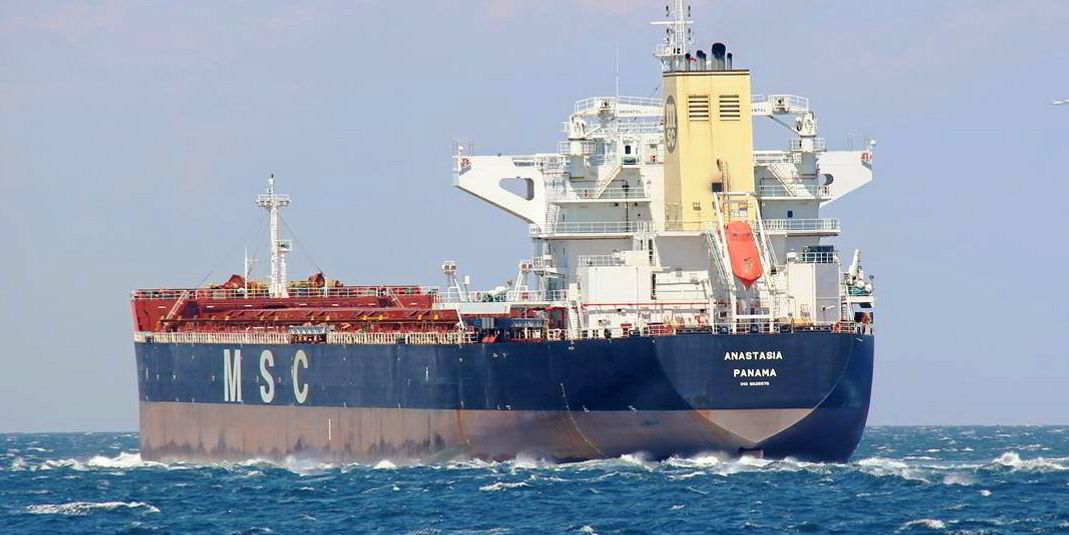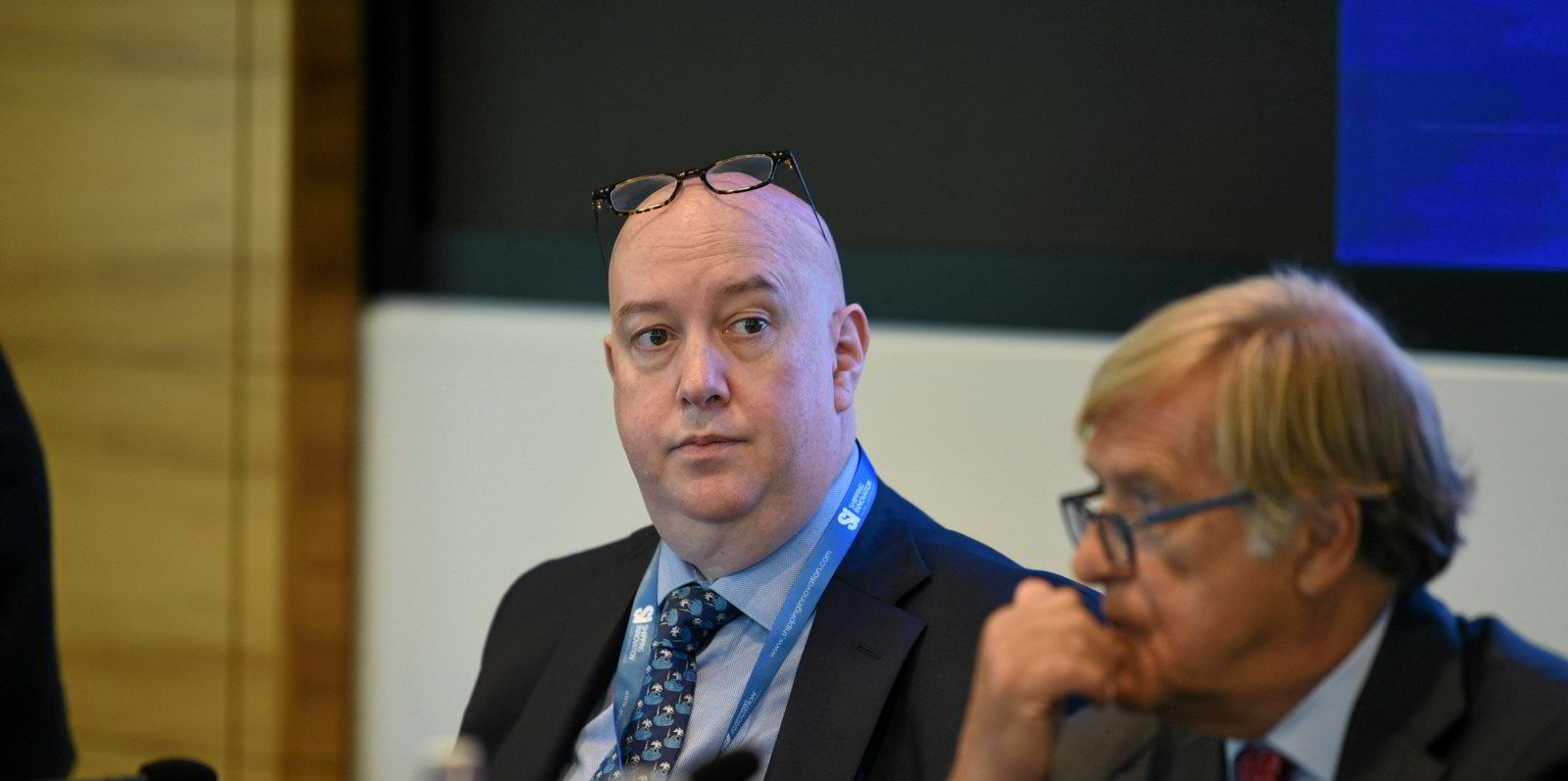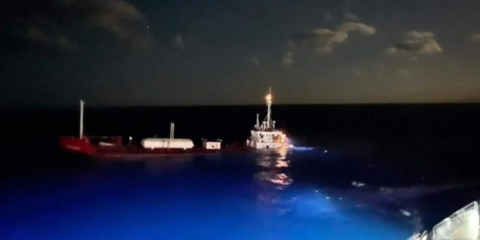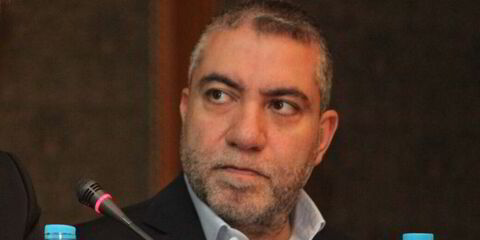It hardly needs saying that 2020 has been a challenging year for the shipping industry and, most importantly, the seafarer. it is estimated that hundreds of thousands of seafarers will be spending a second consecutive Christmas at sea without having seen their loved ones while working extended contracts.
For others who have recently joined ship, the familiar pain of being away from home at key points in the calendar will be worsened by restricted shore leave. Compound all this with the realities of the global pandemic, and the impact on a seafarer’s mental health is brought into sharp focus.
Despite many health workers across the world being recognised as key workers on the frontline, the many men and women who are responsible for transporting vital personal protective equipment, medical equipment, food and energy supplies appear to have been pushed aside or forgotten, especially at national government level.
The results of our quarterly Seafarers Happiness Index — which reflects the mood of seafarers — demonstrated that as Covid-19 worsened, so did their situation.
Prior to the second-quarter report of the Seafarers Happiness Index, the welfare and mental health of seafarers was generally improving, as recorded in our first-quarter report.
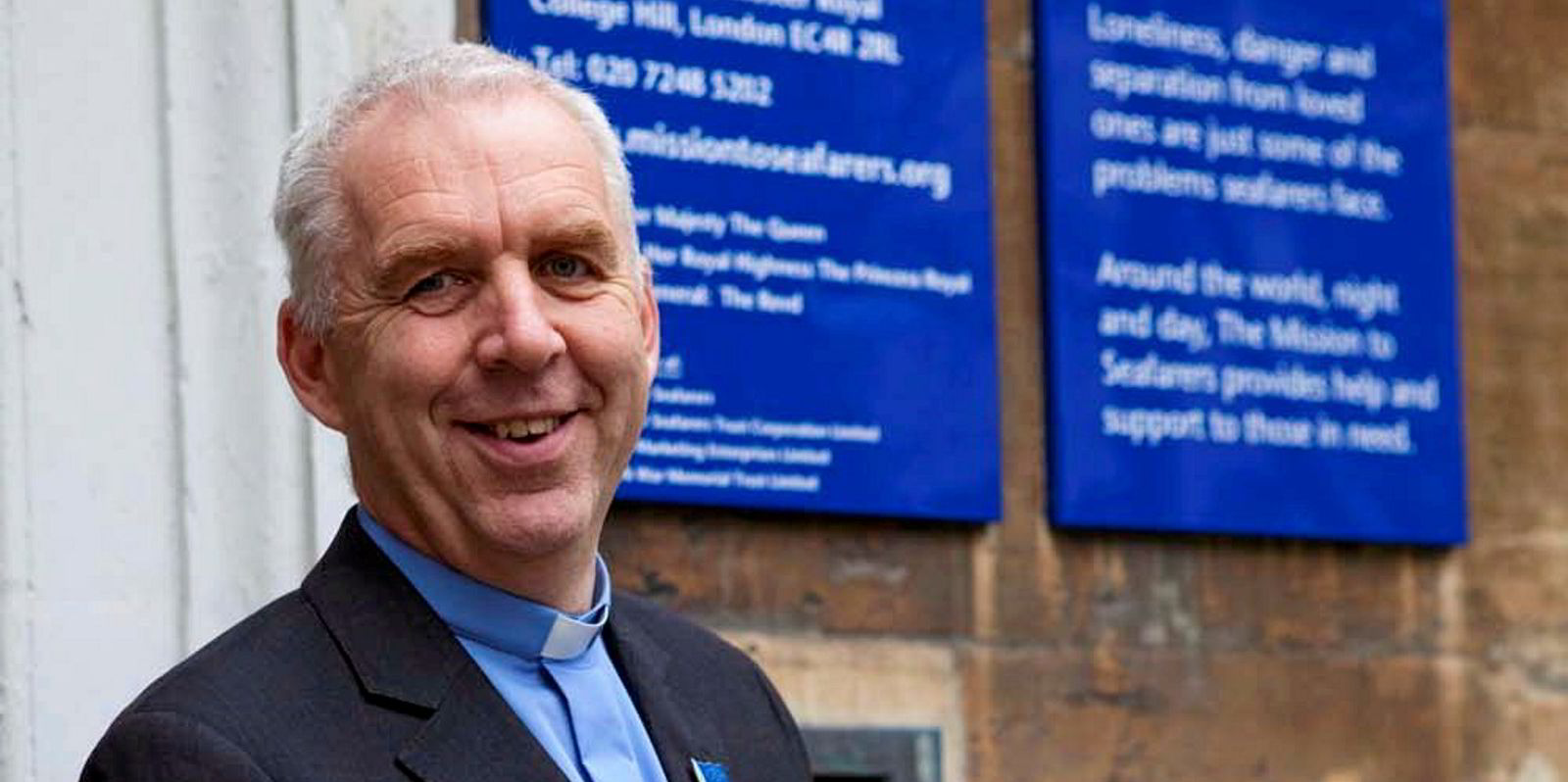
However, when it came to the second and third quarters, as countries closed their borders to limit the spread of the coronavirus, seafarers were essentially stuck on board or at ports, forced to sign extended contracts, without shore leave and many with little to no communication with loved ones.
What is more, for every seafarer stranded far from home, there is a family desperately missing them and, in many cases, struggling in their absence.
As a result of the worsening situation, the Mission to Seafarers experienced one of its busiest years to date, providing support around the world.
By implementing a global programme of socially-distanced ship-welfare visits across our global network of 200 ports and 50 countries, retrofitting minivans to enable seafarers to visit seafarer centres for essentials or make the final journey home, expanding our services to facilitate a digital "chat to a chaplain" option, whereby seafarers on vessels have someone to talk to about anything they need help with, we ensured the services we offered met the unique demands of this crisis.
For instance, at the Port of Southampton, during the infamous attempted hijacking of the 75,000-dwt Nave Andromeda (built 2011) by stowaways, our port chaplain John Attenborough lived up to our values and was tenacious in ensuring vital aftercare was provided for the crew on board, despite the vessel being designated as a restricted area by police while they undertook investigations.
Eventually, after three days of repeatedly trying, Attenborough was permitted entry and provided the seafarers with post-trauma support. Seafarers were also given access to data cards to contact loved ones.
Through the heroic work of our teams and many others, we have done our best to support seafarers during the height of the crewing crisis, but the situation remains intolerable. Bureaucratic indecision needs to be replaced with action if our seafaring men and women are not left to bear the brunt of this crisis.
However, we are seeing hope. We welcomed the recent news of a resolution from the United Nations urging member states to recognise seafarers as key workers.
The resolution adopted by the UN General Assembly calls for countries to immediately implement measures to facilitate crew changes and ensure access to medical care for all maritime personnel. The move swiftly won the backing of the International Labour Organization, which subsequently issued its own resolution.
There are also some signs of movement, with governments starting to act. The government of the Philippines is beginning to facilitate the repatriation of seafarers through air transfers from major ports in the country, which officials have now re-opened.
If governments continue to act, we may yet see a better year ahead for 2021. We must remember, we are not powerless and must continue using our voice to ensure action is taken so that seafarers can work safely and happily, as essential members of our international workforce.
Reverend Andrew Wright is the secretary general of The Mission to Seafarers.(Copyright)
